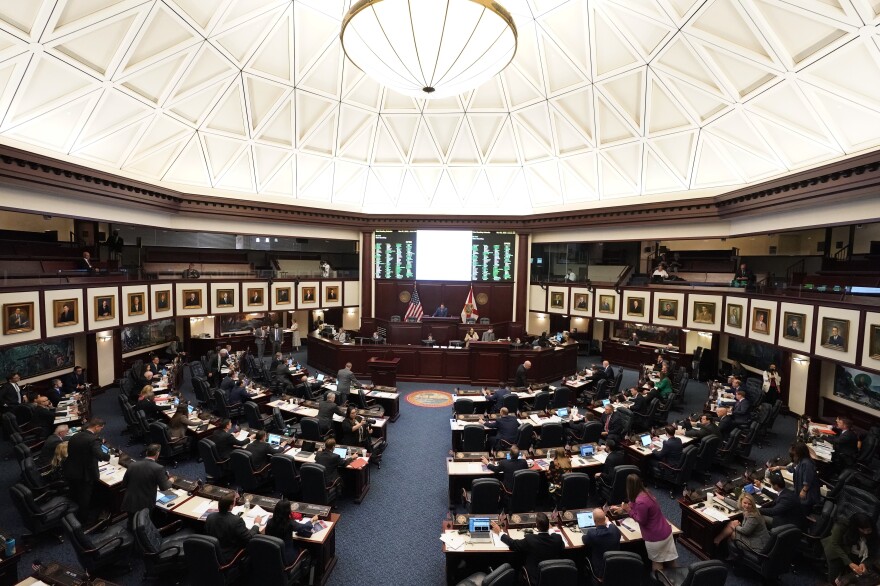Lobbying restrictions that Florida voters approved in 2018 are ready to take effect. Gov. Ron DeSantis late Wednesday signed 10 bills into law, including a pair of measures (HB 7001 and HB 7003) that carry out a constitutional amendment overwhelmingly passed in 2018. The changes are designed to curb lobbying by public officials for six years after they leave office. They will apply to officials who leave their positions after Dec. 31.
The changes were among seven amendments put on the 2018 ballot by the Constitution Revision Commission, which meets every 20 years and has the unique ability to place proposed constitutional changes directly before voters. Other 2018 amendments drew more attention, such as a combined proposal to ban offshore oil drilling and prohibit the use of electronic cigarettes and vaping in workplaces. But the lobbying restriction received the highest vote total and approval percentage of any statewide issue or candidate, with nearly eight out of every 10 voters endorsing the measure.
Among the people affected by the changes are statewide elected officials, legislators, county commissioners, constitutional county officers, school board members, judges, school superintendents, municipal officers, special-district officers and secretaries, executive directors and other heads of executive-branch departments. Most elected officials currently are prohibited from lobbying their former departments or employers for two years after leaving office. In 2016, state House members imposed a six-year ban on themselves lobbying the House after leaving office. Currently, there is no law prohibiting former Supreme Court justices and judges from lobbying, and the Code of Judicial Conduct does not address such lobbying. One of the newly signed bills (HB 7003) addresses lobbying by former justices and judges on issues of policy, appropriations or procurement before the legislative and executive branches of state government.




